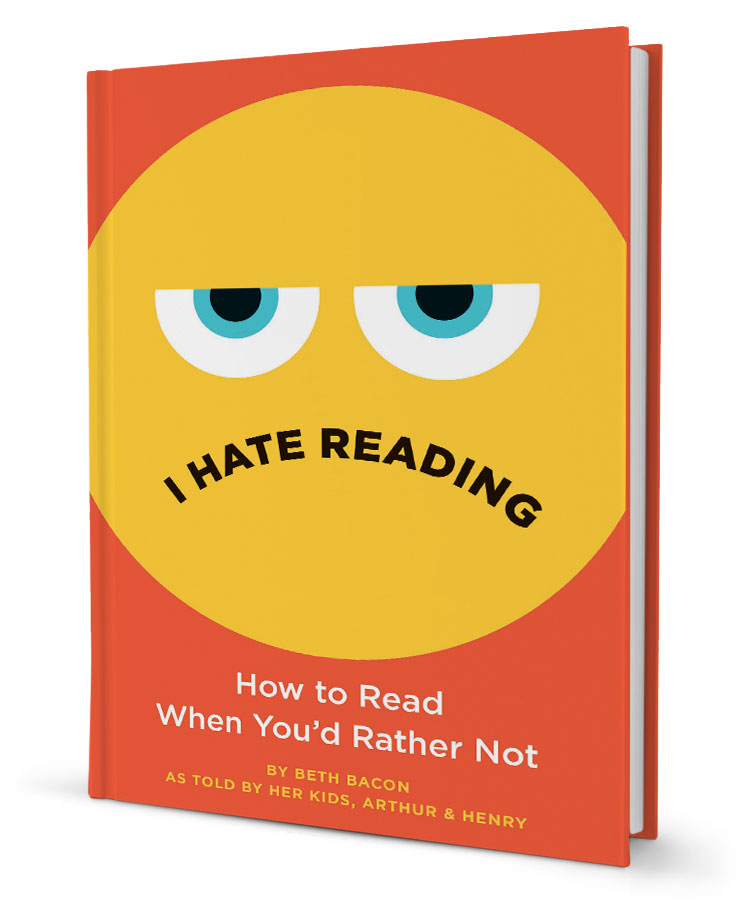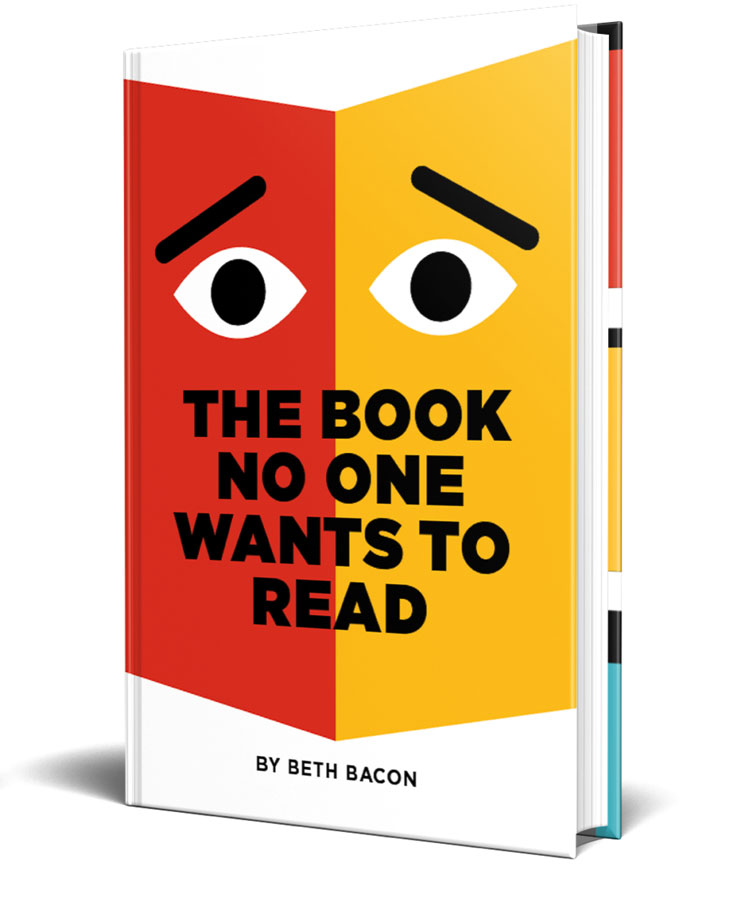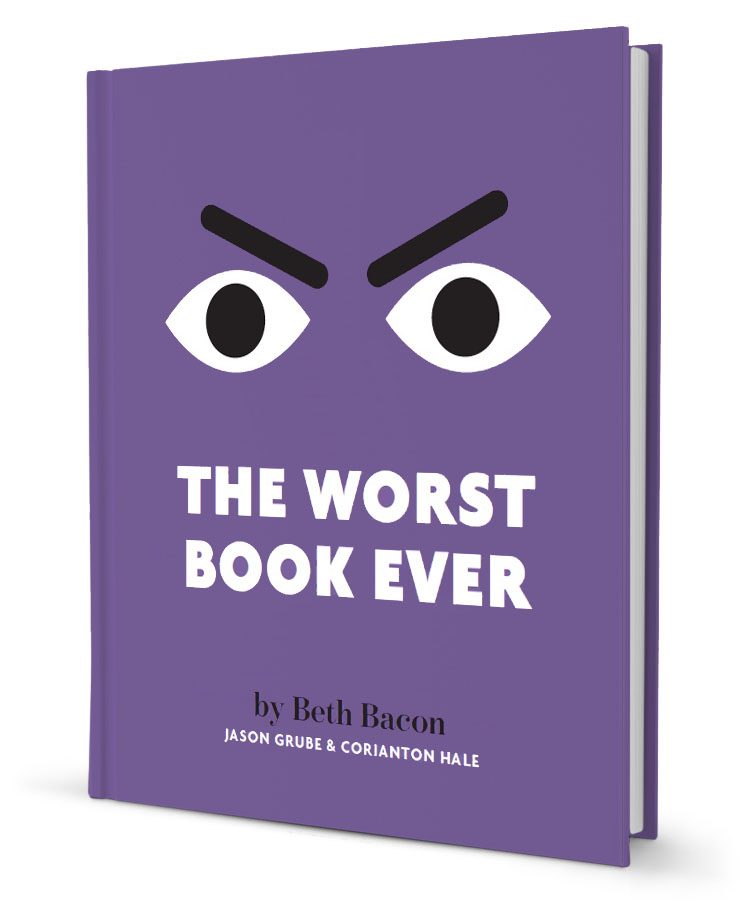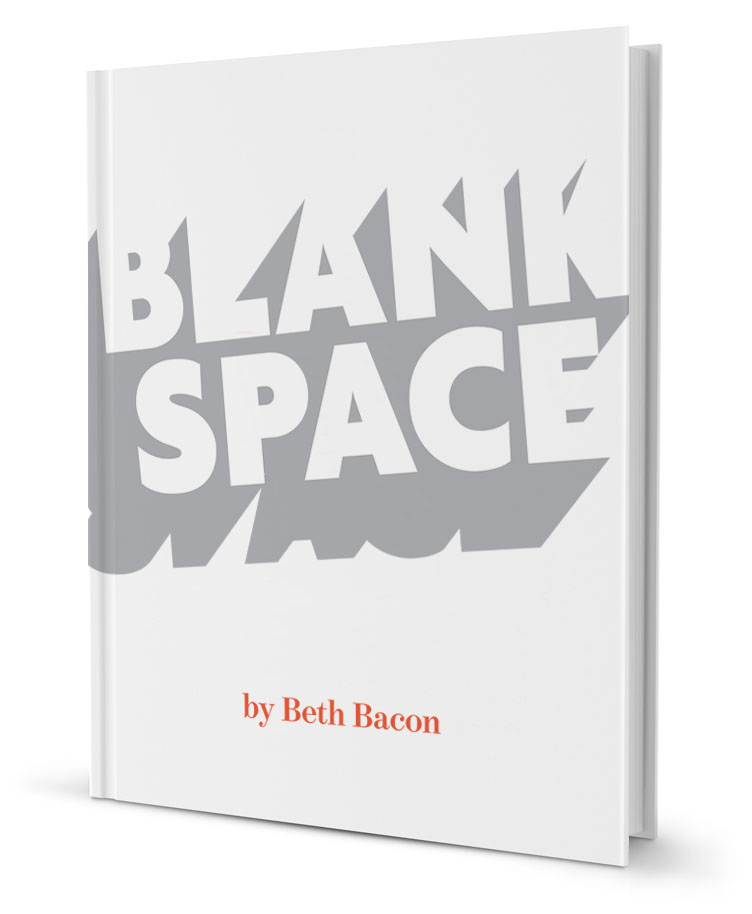Reading YA novels is an important way for teens to sort through complex emotions. Many teens who are reluctant to read miss this opportunity because many thought-provoking YA novels are written for advanced readers. These three novels, however, are accessible to all levels of teen readers. They are short. They include lots of refreshing blank space. Yet still they are emotionally gripping.
A lyrical look at rape and suicide: What I Leave Behind by Alison McGhee
 Kids today have a lot of heavy issues to deal with. Rape and suicide are two of many. How do you address the subtle, confusing emotions that surround these issues? In What I Leave Behind, author Alison McGhee approaches them in a powerful, yet very brief and simple novel.
Kids today have a lot of heavy issues to deal with. Rape and suicide are two of many. How do you address the subtle, confusing emotions that surround these issues? In What I Leave Behind, author Alison McGhee approaches them in a powerful, yet very brief and simple novel.
In this story a kind and sensitive 16-year-old boy mulls over his father’s suicide and the rape of his friend by three other acquaintances. The reader delves directly into his thoughts as he goes to work at a dollar store, exchanges notes with his mom, and performs small acts of kindness to the kids in his neighborhood.
The novel is a snapshot in time: Will grows through the story but nothing is completely resolved. The fact that Will’s worries don’t get completely resolved in the text models the bigger message that thoughts and feelings do change, in real life, worries and regrets never simply “go away” in a neat and tidy way.
The story is a one-sitting read for advanced readers. Reluctant readers may take more time with the book.
What I Leave Behind is written in 100 chapters of 100 words exactly. Authors may be amazed by the seeming impossibility of this creative challenge. Reluctant readers may not even notice this formatting restraint. Even so, they’ll be refreshed by the sparse power that is the result of this authorial discipline. In her blog, McGhee writes, “The brevity of the passages and the need to infuse them with profound emotion worked a kind of magic on me.” They work a kind of magic on teen readers as well.
Philosophical and funny: Repossessed by A. M. Jenkins
 The overriding tone of Repossessed by A. M. Jenkins is humor, but the themes in here are powerful and deep. This is a story of a devil-in-training who steals the body of a teenage boy. What’s so remarkable about this story is the way it describes the experience of the minute details of life as if for the very first time. In that way, this book models keen observation and mindfulness—while at the same time being laugh-out-loud funny.
The overriding tone of Repossessed by A. M. Jenkins is humor, but the themes in here are powerful and deep. This is a story of a devil-in-training who steals the body of a teenage boy. What’s so remarkable about this story is the way it describes the experience of the minute details of life as if for the very first time. In that way, this book models keen observation and mindfulness—while at the same time being laugh-out-loud funny.
For the narrator of this story, everything is new. Everything. He experiences the sensory inputs of a human for the very first time. Sometime’s its hysterical, like when he eats his first French fries. Other times, more philosophical. For example, he regards himself in the mirror for the first time: “I turned and looked at myself from various angles, and felt even more pleased. Was this Pride? Of Vanity? Whatever it was, it felt good.”
The sensory details of an average teenage boy’s life are described with amazing accuracy. Jenkins’ precision seems to to slow down time, giving teens time to think as they read. And though there’s a veneer of levity, the issues of life, death, love, and spirituality give readers a lot to think about.
Emails straight from the heart: Dear Rachel Maddow by Andrienne Kisner
 A teen who feels she has no one to turn to writes un-answered emails to her favorite newscaster in Dear Rachel Maddow by Adrienne Kisner. The page count of this book is greater than the two recommended reads listed above, but the fact that each entry is an email means there’s some blank space on each page. Readers see all of the header information (to, from, cc, time stamp, etc.). Each new message is on a different page.
A teen who feels she has no one to turn to writes un-answered emails to her favorite newscaster in Dear Rachel Maddow by Adrienne Kisner. The page count of this book is greater than the two recommended reads listed above, but the fact that each entry is an email means there’s some blank space on each page. Readers see all of the header information (to, from, cc, time stamp, etc.). Each new message is on a different page.
I mention formatting because the design of a book—what it looks like, how the words flow on the page—is important for teens who aren’t eager to dive into a book. Reluctant readers don’t want to make a big commitment each time they pick up a book. Here, they can consume a few emails at a time if need be.
But I have a hunch that after reading a few pages, they’ll find themselves hooked.
A couple of other formatting features make this book fun for reluctant reader teens. Some of the emails are first written as classroom assignments then corrected and revised. I enjoyed looking at how Brynn chose to deal with her teacher’s suggestions by comparing the texts. Also the book includes cross-outs! You get to see words with lines through them. Just seeing that generates a satisfying feeling for kids whose own work requires corrections.
The story itself is honest, heart-wrenching, funny, and hard to put down. All great qualities of a book for teen readers who are hard to please.
Great reads for teenage “reluctant readers”
Teens who avoid reading have the same deep emotions as people everywhere. These three novels touch teen readers—especially teen reluctant readers—in their hearts.





0 Comments